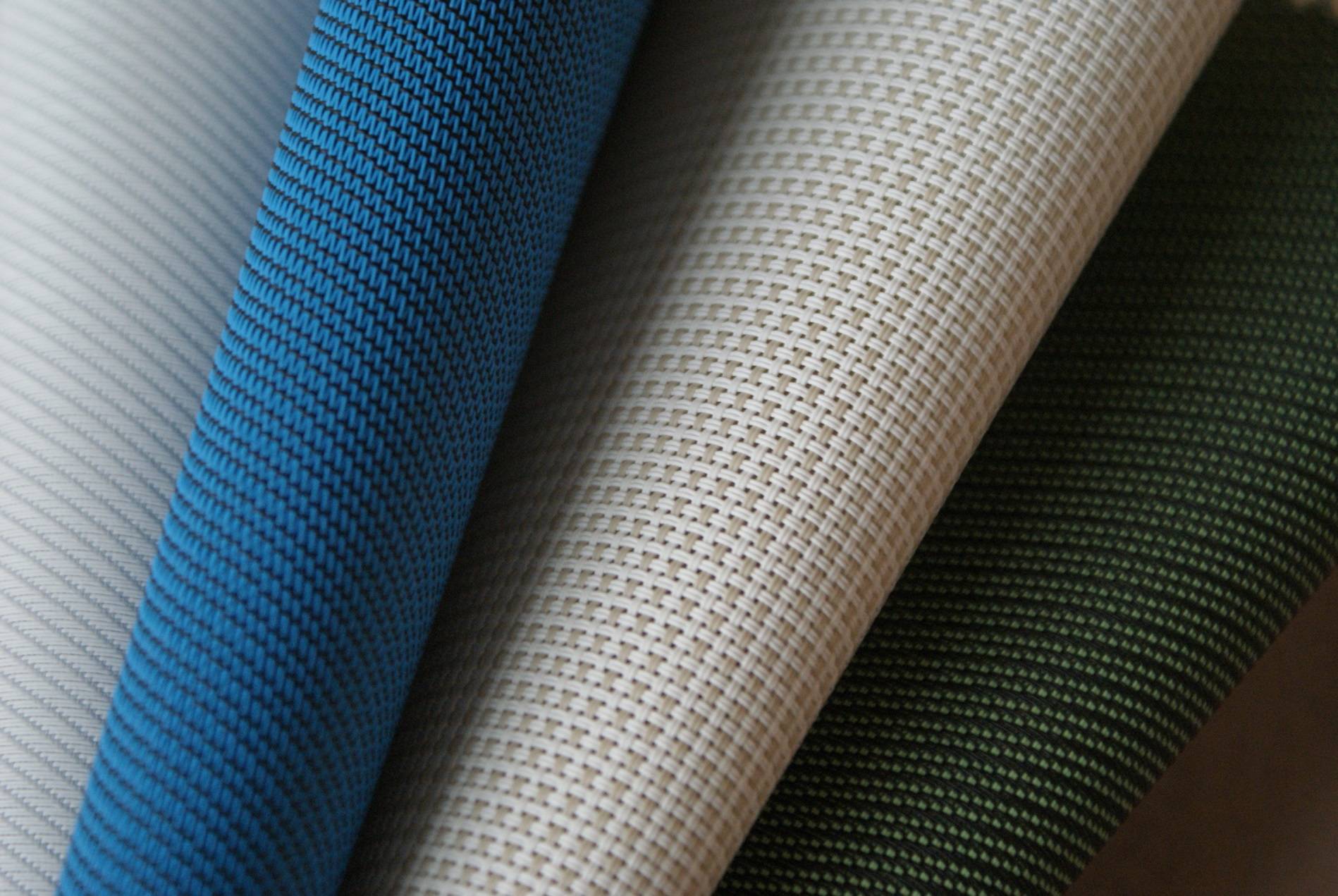What are the key properties of fiber reinforced composites?
 Jun 25, 2023|
Jun 25, 2023| View:289
View:289Fiber Reinforced Composites (FRC) are a class of materials that have gained significant attention in various industries due to their remarkable properties. These composites consist of fibers embedded in a matrix, forming a strong and lightweight material. We will delve into the key properties of fiber reinforced composites, highlighting their advantages and applications in different fields.

Strength and Stiffness:
One of the primary characteristics of fiber reinforced composites is their exceptional strength-to-weight ratio. The fibers, such as carbon, glass, or organic fibers, provide high tensile strength, allowing FRC to withstand heavy loads without deformation. Additionally, the fibers contribute to the stiffness of the composite, making it resistant to bending and enhancing structural integrity.
Lightweight:
Fiber reinforced composites are renowned for their low weight. The lightweight nature of these composites makes them particularly valuable in industries where weight reduction is critical, such as aerospace and automotive manufacturing. By replacing heavier materials with FRC, fuel efficiency can be improved, leading to reduced energy consumption and lower emissions.
Corrosion Resistance:
Unlike metals, fiber reinforced composites exhibit excellent resistance to corrosion. This property is highly advantageous, especially in applications where exposure to harsh environments or corrosive substances is prevalent. FRC's resistance to corrosion extends their lifespan and reduces maintenance costs, making them a favorable choice in marine, chemical, and infrastructure industries.
Fatigue Resistance:
Fiber reinforced composites demonstrate exceptional fatigue resistance, enabling them to withstand cyclic loading and repeated stresses without significant degradation. This property makes FRC highly suitable for applications that involve dynamic and cyclic loading, such as wind turbine blades, sporting equipment, and automotive components subjected to constant vibrations.
Thermal Stability:
Fiber reinforced composites possess good thermal stability, allowing them to maintain their structural integrity even at high temperatures. This property is vital in industries like aerospace and manufacturing, where exposure to elevated temperatures is common. FRC's ability to retain strength and stiffness in high-temperature environments makes them valuable for applications requiring heat resistance.
Conclusion:
Fiber reinforced composites offer a range of key properties that make them desirable in various industries. Their exceptional strength, lightweight nature, corrosion resistance, fatigue resistance, and thermal stability contribute to their widespread use in aerospace, automotive, construction, and many other sectors. When seeking high-performance materials, considering fiber reinforced composites can lead to enhanced efficiency, durability, and cost-effectiveness.
If you are interested in purchasing fiber reinforced composites or require further information, please feel free to contact us. Our team will be delighted to assist you in finding the perfect solution to meet your specific needs.

 info@topweaving.com
info@topweaving.com



View More(Total0)Comment lists